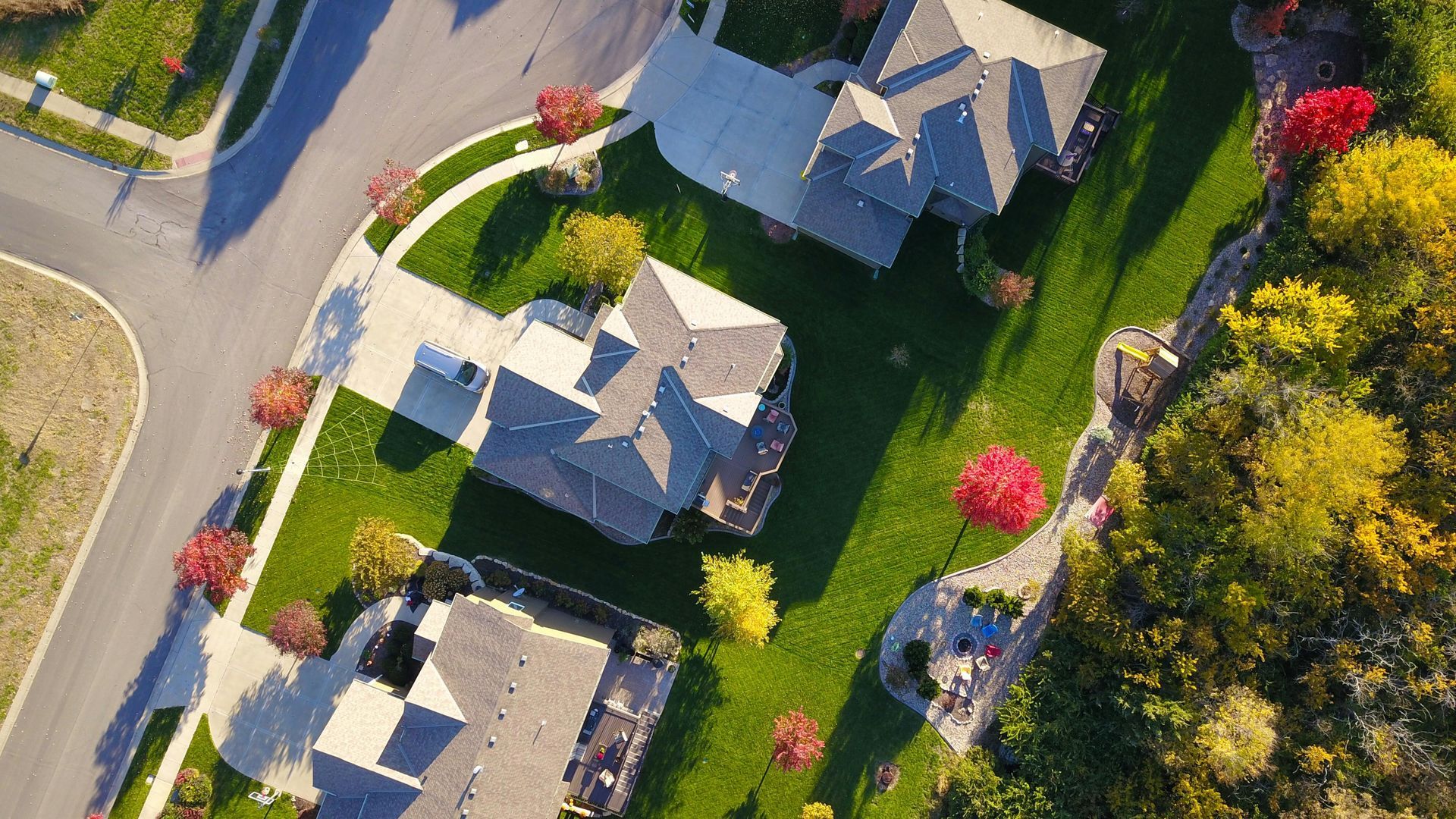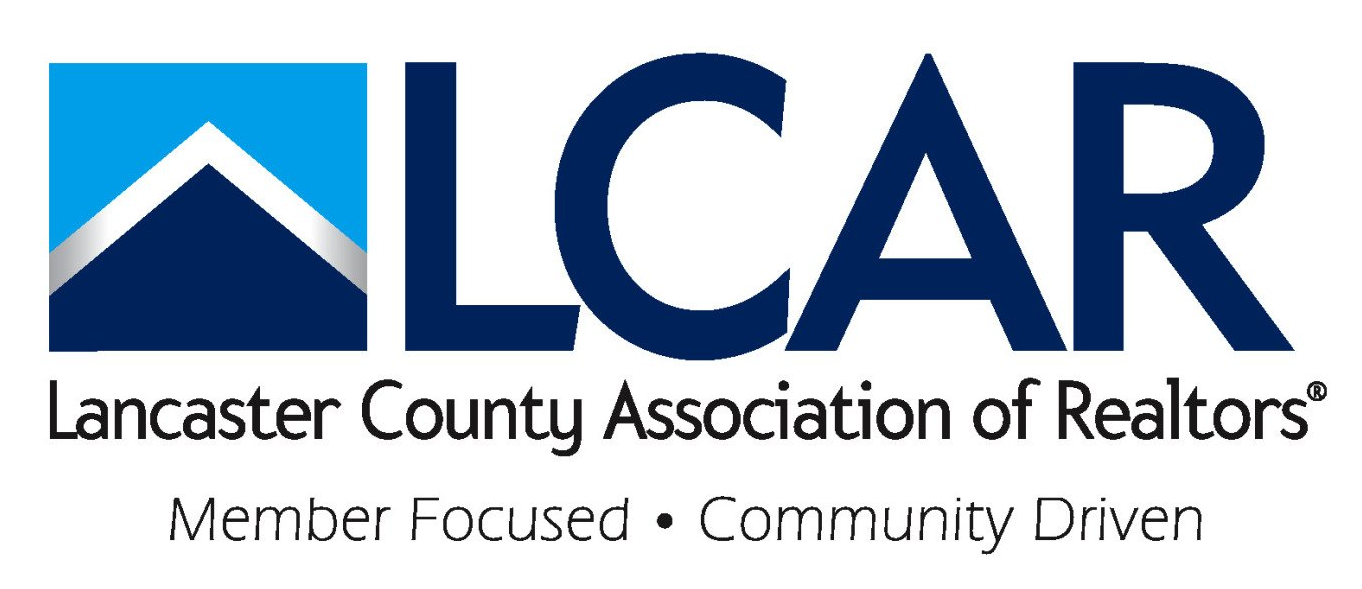Real Estate Lingo: Encroachments

Encroachments in real estate occur when a property owner extends a structure or physical feature beyond their legal boundary onto a neighboring property. This can include fences, driveways, sheds, or even tree branches that overhang into another person’s land. Encroachments can be classified as:
Minor Encroachments – Small, often unintentional violations, such as a garden bed slightly extending past a boundary line.
Major Encroachments – Significant intrusions, like a garage or portion of a building extending into a neighbor’s property.
How encroachments affect property owners:
- Legal Issues: If left unaddressed, encroachments can lead to lawsuits or claims of adverse possession, where the encroaching party may eventually gain legal rights over the land.
- Property Value: Buyers may be hesitant to purchase a property with encroachment issues, impacting its resale value.
- Title Issues: Mortgage lenders and title companies may require resolution of encroachments before approving a loan or insurance coverage.
Resolving Encroachment Disputes:
- Negotiation: Property owners can reach an agreement, such as granting an easement or selling the encroached portion of land.
- Survey & Legal Action: A professional land survey can clarify boundaries, and if necessary, legal action may be taken to remove the encroachment.
- Mediation: If disputes arise, mediation can provide a cost-effective alternative to litigation.
Encroachments are a common yet serious issue in real estate that should be addressed promptly to avoid legal and financial complications.
Conducting property surveys and maintaining clear communication with neighbors can help prevent encroachment disputes.
Wish you all the best!
-Copyright © Real Estate Lingo: Encroachments, Victoria Medvedeva, Keller Williams Elite. 2025. All Rights Reserved.
Facts, opinions and information expressed in the Blog represent the work of the author and are believed to be accurate, but are not guaranteed. The Lancaster County Association of Realtors is not liable for any potential errors, omissions or outdated information. If errors are noted within a post, please notify the Association. Posts represent the author's opinion and are not necessarily the opinion of the Association.










